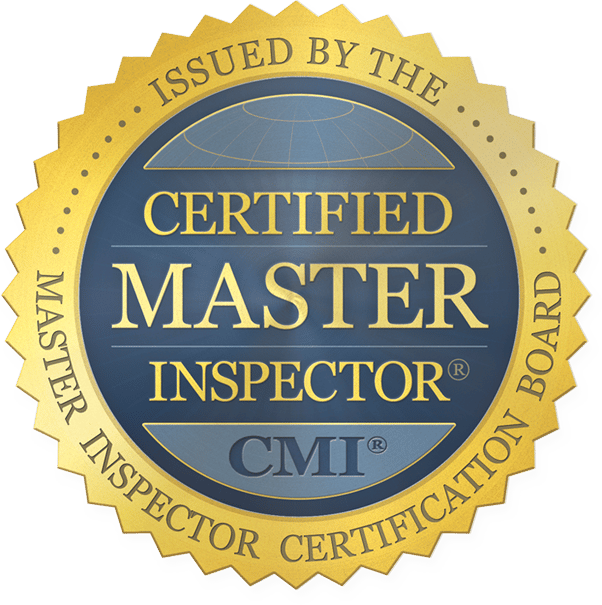What Makes A Leader?
What does it take to be a leader? A person who has the ability to lead and inspire others, someone with an entrenched sense of responsibility and commitment, somebody who is committed to doing what they say. These are just some examples of leadership traits that we will explore in this blog post. Leadership skills can be learned by anyone – if you’re interested in becoming a leader then this article is for you!
In order to become a leader you have to take responsibility for yourself. One leadership skill that is vital in becoming a good leader is the ability to accept accountability when things go wrong – this means taking responsibility even if someone else was responsible or it wasn’t your fault because sometimes accidents happen! It’s important also never try and pin blame on others.
Real leadership skills are never about personal gain – if you’re truly interested in becoming a leader then it’s important to make sure that your decisions (whether they be positive or negative) will benefit the group, not just yourself. In addition to this leadership trait being ethical and moral is also very important. An effective leader will always try and do what they think is right rather than something that benefits them personally even if it means losing their job or social status.
Another leadership trait that you should be familiar with when trying to become a good leader is communication skills – this doesn’t just mean being able to speak well, but also listening too. Being able to communicate effectively as a leader is important in order for you and your team or employees to be on the same page.
One leadership habit that effective leaders should have is having an open-door policy with their managers – many organizations find it useful when they implement this into their everyday culture because everyone knows where they stand at all times. If you’re an effective leader then it’s important to always be straight with your employees and managers alike. Additionally, if someone is having a problem or has done something wrong letting them know will help them improve their future work because they’ll have more information about what the company needs from its workers!
Effective leaders should also be able to manage their time effectively – this is a really important leadership skill to have because as the leader you’re always busy and it’s your job to make sure that they are completing all of their tasks. If you don’t manage your time well then things will get behind schedule very quickly!
Another effective leadership habit that leaders should have is knowing how and when to delegate tasks to their employees – if you’re a leader then there are certain things that you should do and others which can be done by your workers. If every single task is delegated equally then it’s likely that some of them won’t get finished or completed in time (or at all) so instead focus on the important ones!
One other important aspect of becoming an effective leader is the ability to make good decisions quickly in a constantly changing environment – this comes with experience
Many companies want to be perceived as leaders in their industry and are always striving for the next big idea. While they might achieve a lot of success, it is through solid leadership that most businesses thrive. Leadership skills are valuable across many industries including manufacturing, retail, finance and even non-profits. Everyone can benefit from studying what high levels of leadership are, why it can be advantageous to have a leader in place and the characteristics that make for great leaders.
Benefits of Leadership: There are many benefits to being led by someone who has taken their time to learn about leadership styles and how they work best. In business, strong leaders can help establish long-lasting results and stability while also being able to make difficult and decisive decisions that will benefit the company. This is important in a time of change for many companies, as they are shifting their direction or making adjustments to maintain growth.
There are several characteristics that exist among high level leaders who have done well at leading others through complex challenges. They are often creative, but also have the ability to think logically and make adjustments as needed. They can foresee what is coming next for their businesses and prepare accordingly while also being flexible if plans change along the way. High level leadership skills are important in business because they allow companies to be more agile when it comes time for necessary changes that keep them competitive and thriving.




